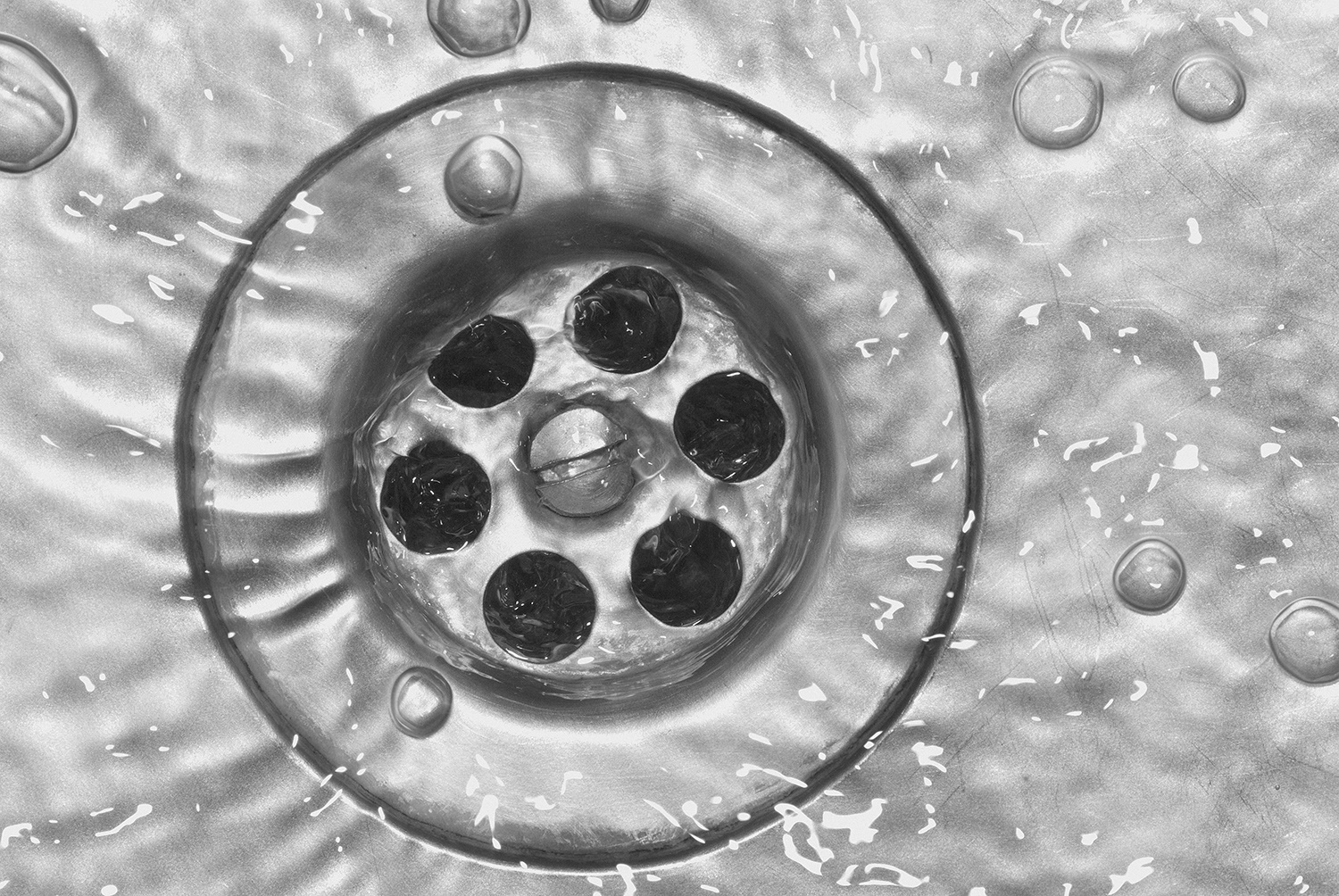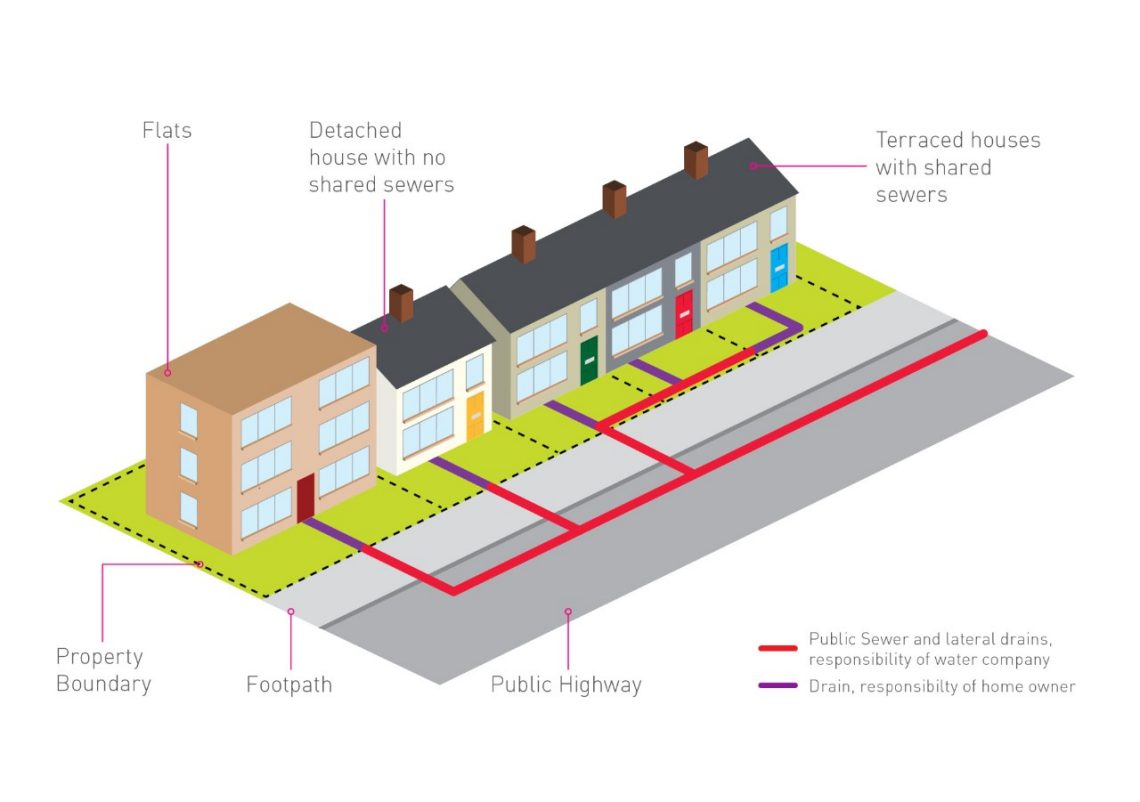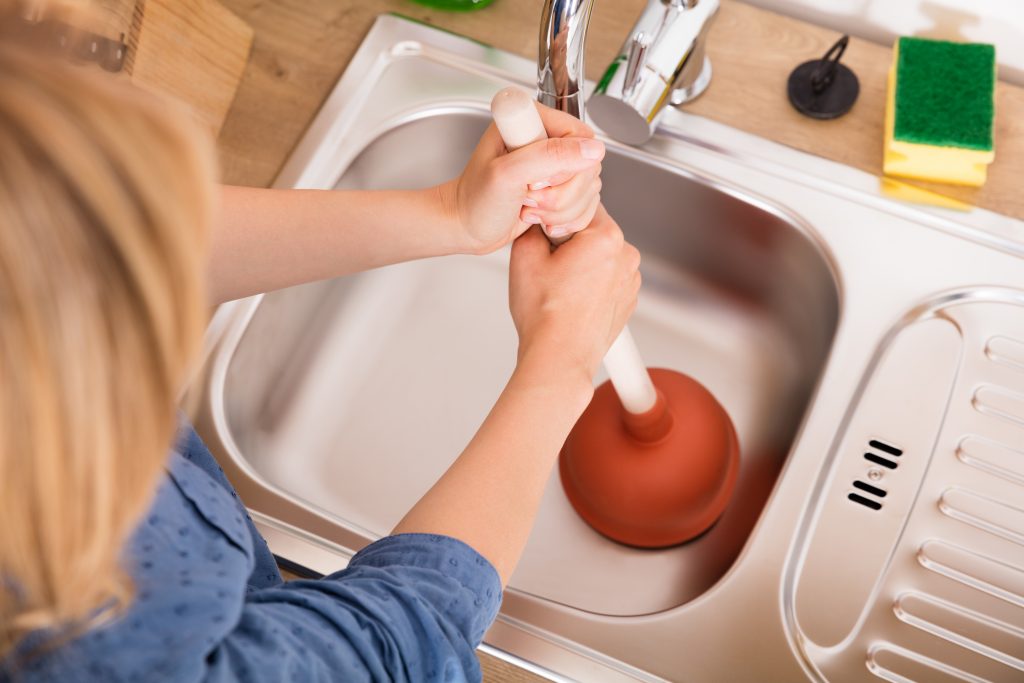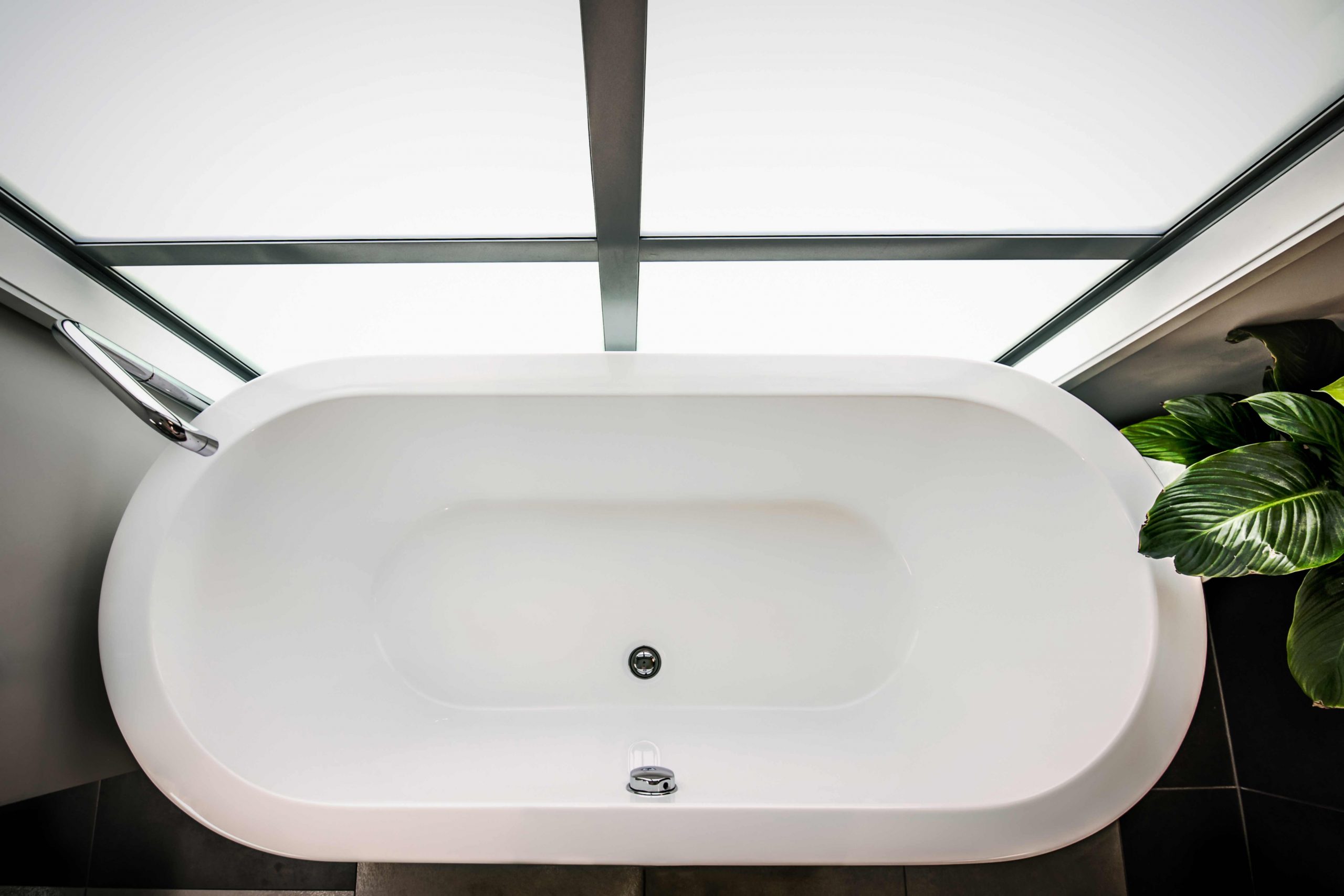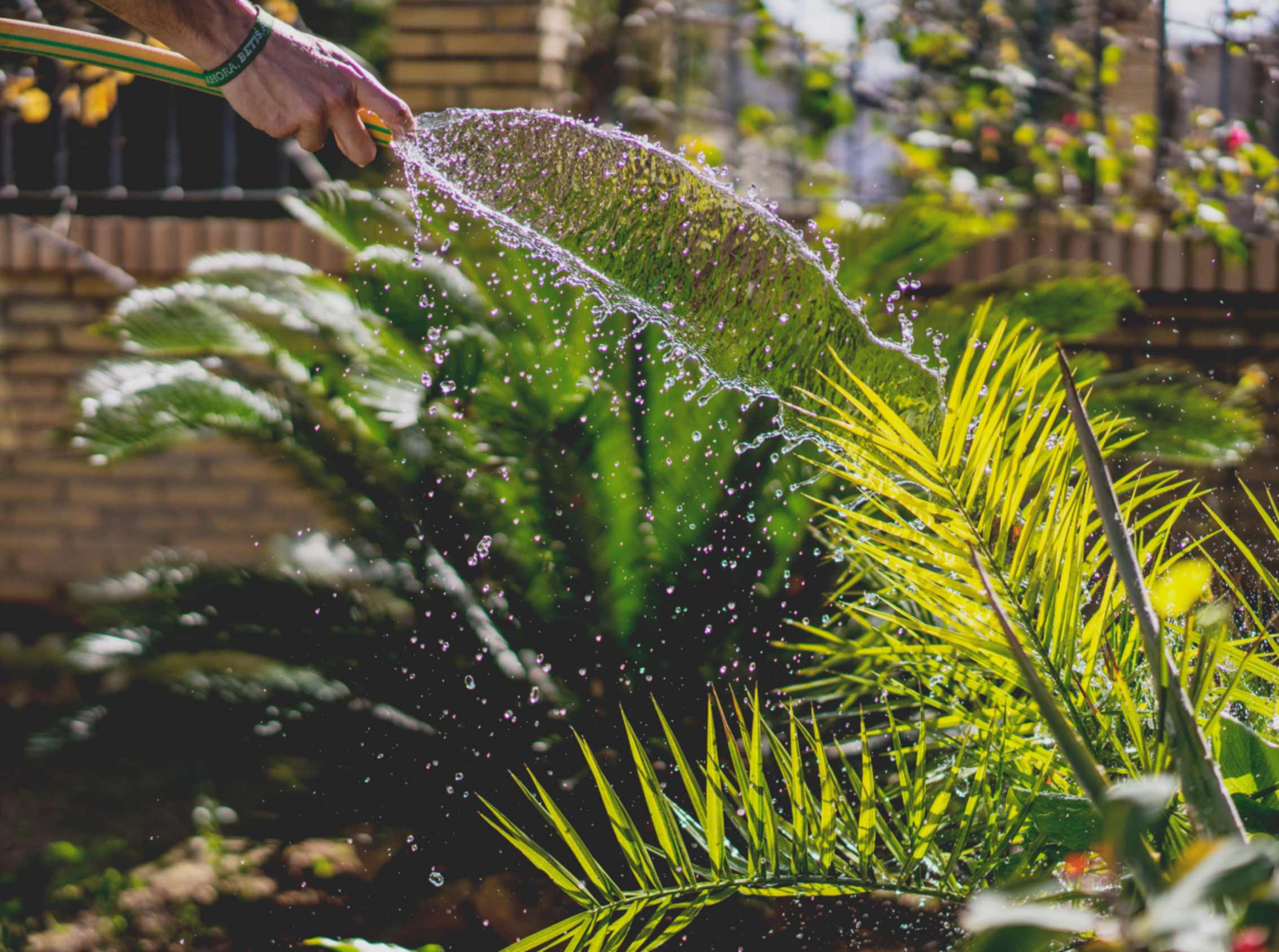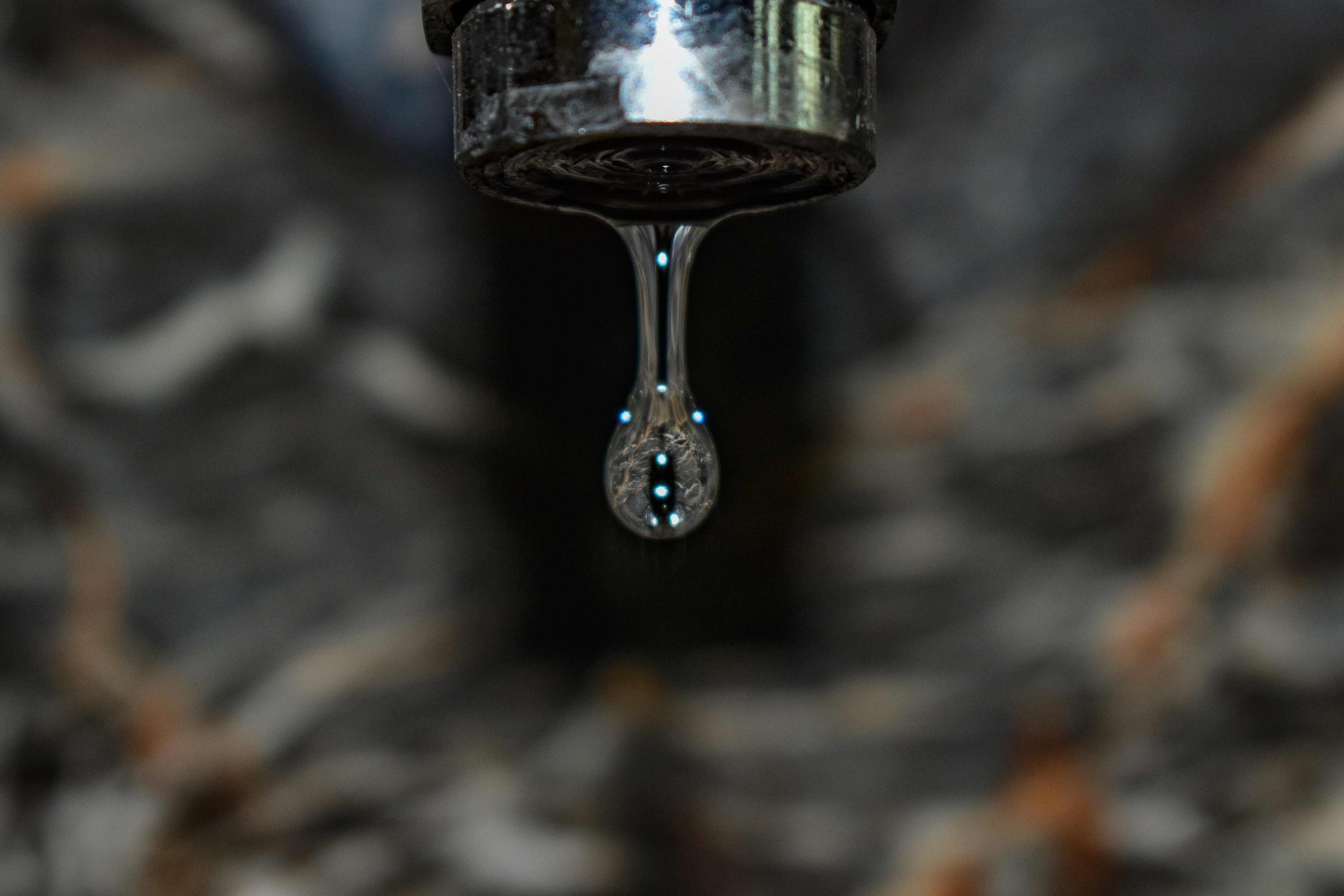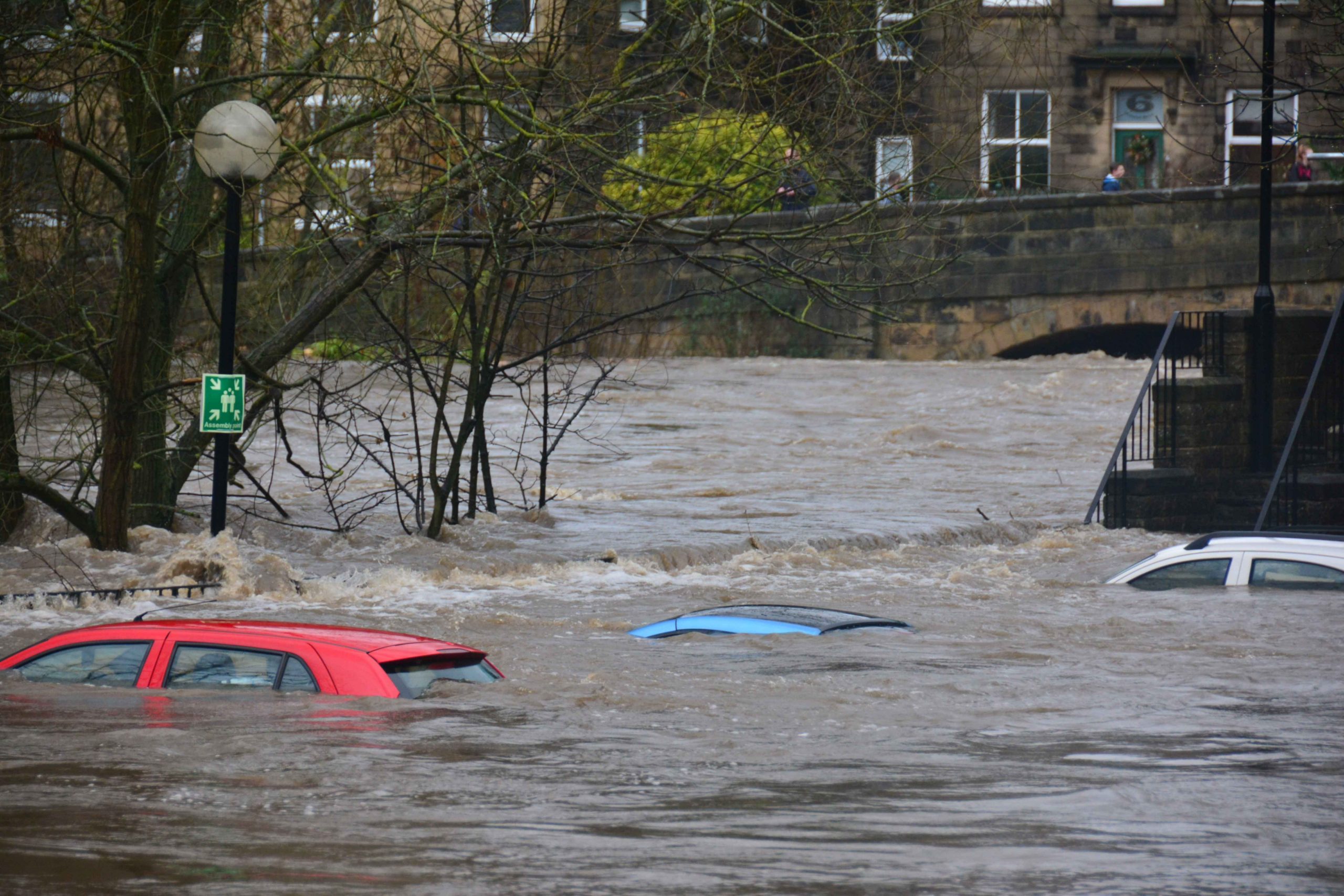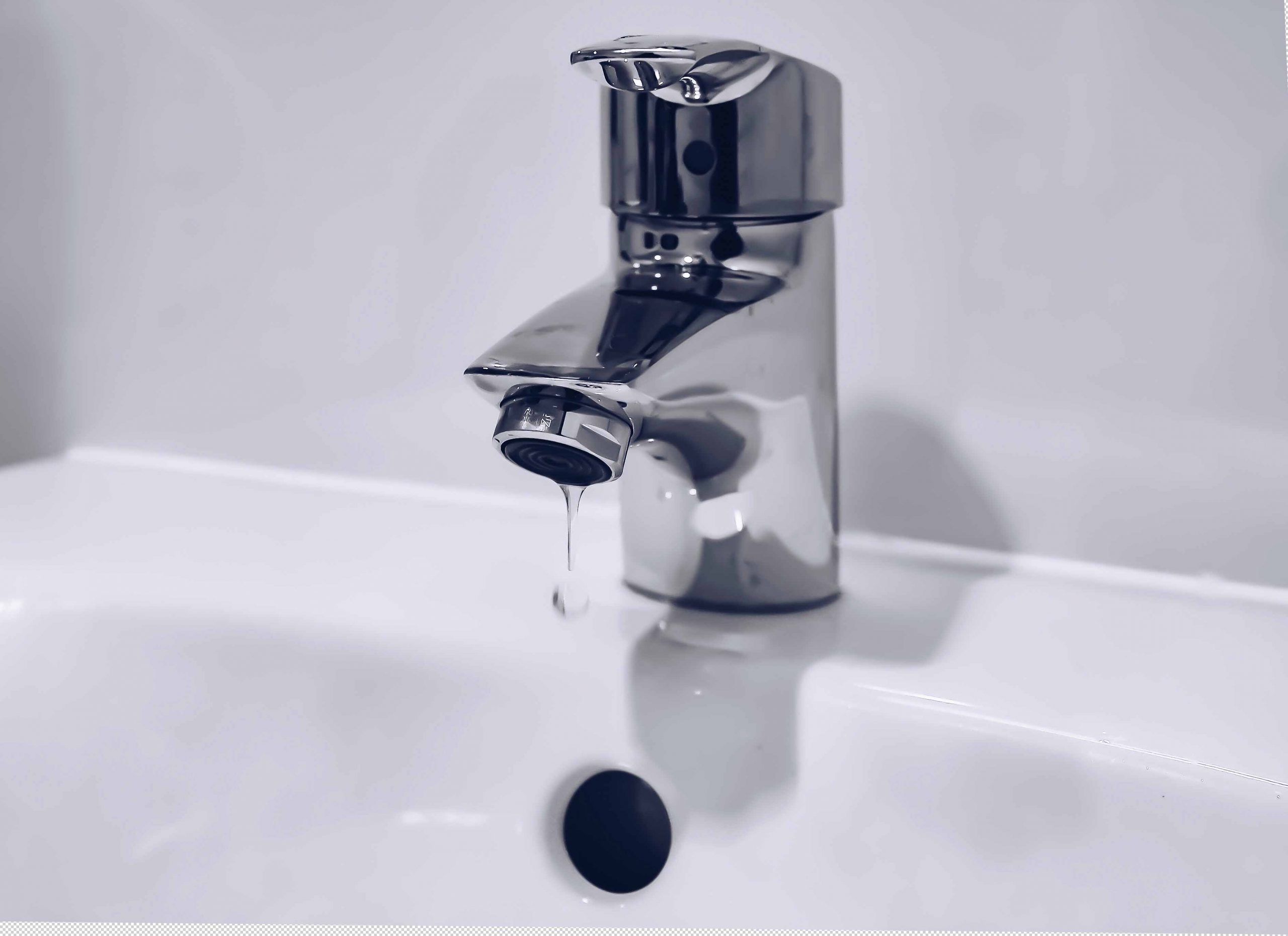Sewer Problems
Sewage leaks across the UK are on the rise, creating both demand for drainage engineers and concerning pollution and health hazards for UK households. Sewer flooding occurs when heavy rainfall overwhelms wastewater systems, causing foul water to overflow, typically from manholes.
A key issue contributing to this problem in the UK is the connection of wastewater run-off drainage to foul water sewer systems. During periods of intense rainfall, this exacerbates flooding issues by causing the foul water sewer system to overflow, posing health risks and spreading pollution, often affecting private properties and gardens.
Between April 2022 and March 2023, there were 47,000 incidents of foul waste overflowing onto private land and gardens in England and Wales alone. Additionally, numerous unrecorded incidents on public land further compound the problem, falling under the responsibility of water companies.
Even when waste and foul water pipes are connected separately, inadequate maintenance of sewer systems can lead to rainwater infiltration, overwhelming the system and causing sewer flooding. This underscores the importance of regular cleaning, maintenance, repair, and replacement of sewer pipes.
Experts argue that a change in policy and substantial investment are needed to significantly increase sewer capacity, preventing sewer flooding and spills. The aging UK sewer system, coupled with the increasing strain from population growth and climate change-induced heavy rainfall, compounds the challenge.
Blame for this issue is often directed at water companies, accused of neglecting the maintenance of the sewer system. Without intervention, the problem is expected to worsen.
While increased demand for drainage services is inevitable, it also raises accountability concerns, as sewage companies may be held responsible for subsequent sewage backups.
Increased media attention to this issue highlights the importance of drainage engineers and emphasizes that despite being unseen, drainage systems are vital components of infrastructure, comparable to electrical and gas utilities.
Public perception of drainage systems is evolving, spurred by the rising instances of sewer flooding and its devastating impacts on human life. This shift underscores the urgency of addressing the challenges facing the UK sewer system.
